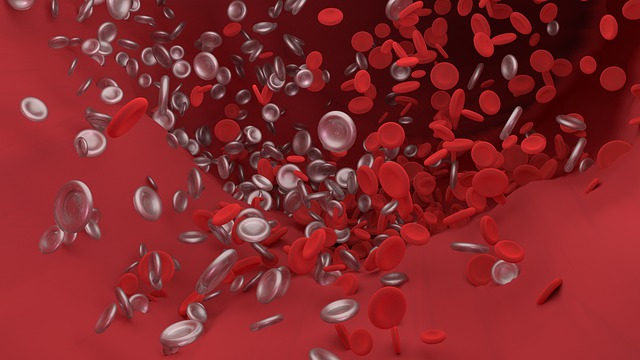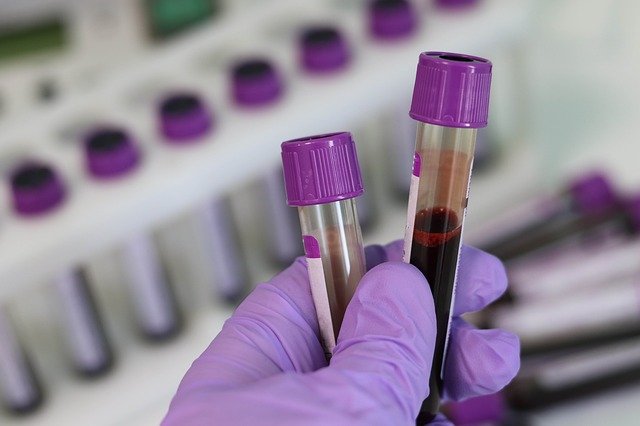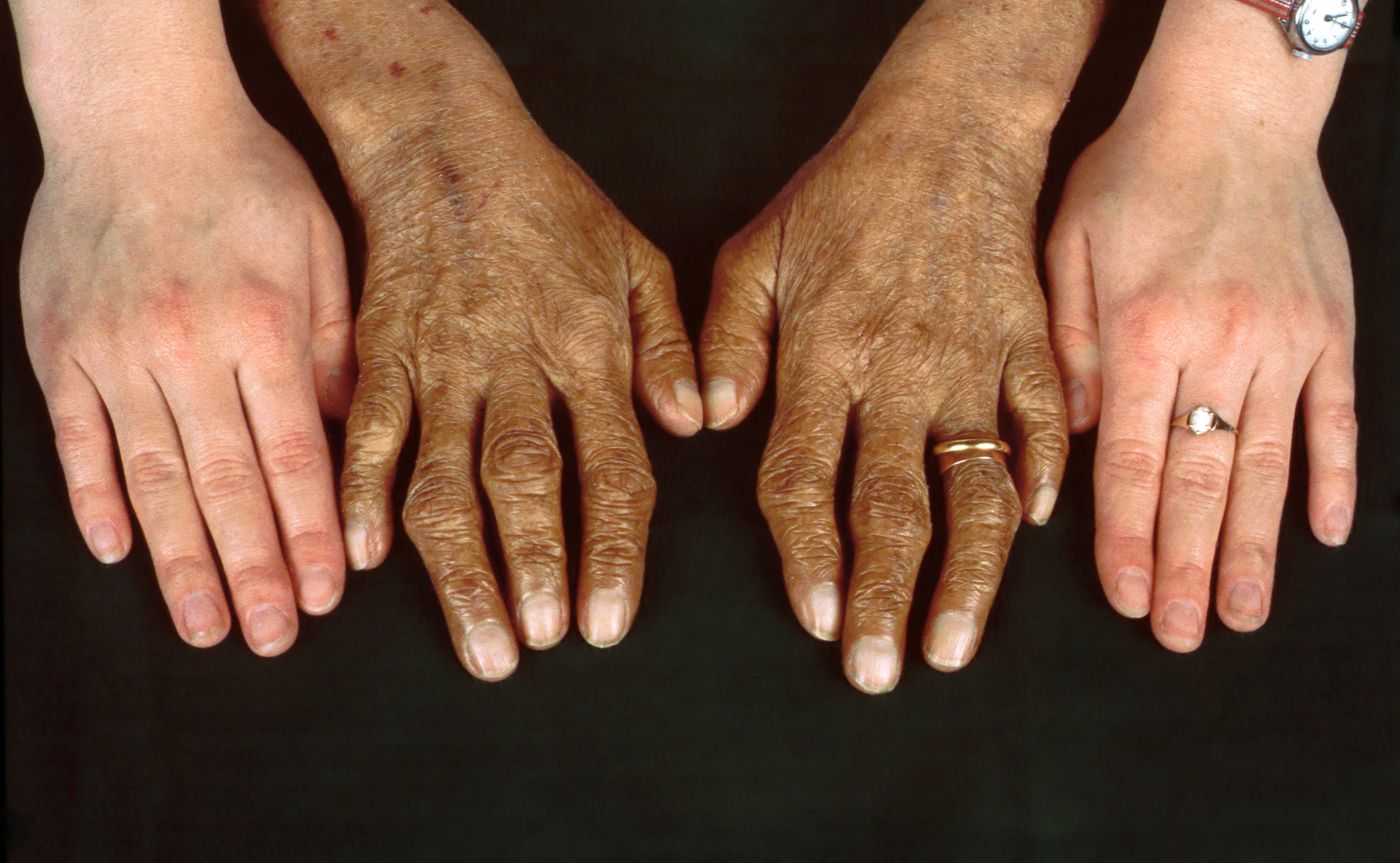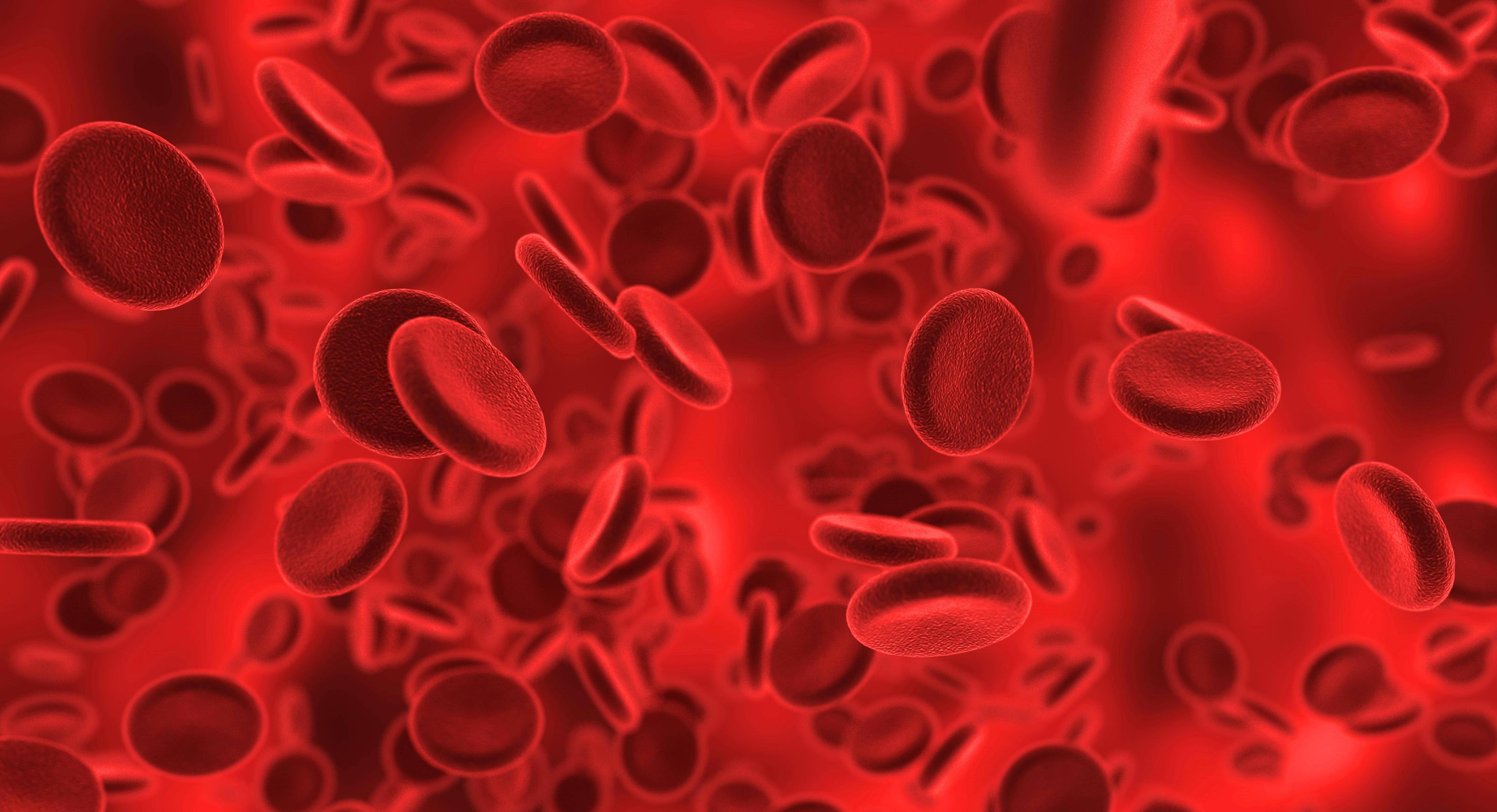Evans syndrome is a rare disorder that causes the immune system to destroy certain blood cells.
It can cause low blood cell levels and anemia, which can lead to a variety of symptoms.
Treatments are available that can increase a person’s blood cell count and relieve symptoms.
Read on to learn more about Evans syndrome, including causes, symptoms, and treatment options.
What is Evans syndrome?
Evans syndrome is a rare combination of two or more of the following autoimmune blood disorders:
- Autoimmune hemolytic anemia (AIHA), in which the immune system destroys red blood cells. Red blood cells are responsible for transporting oxygen to the body’s organs and tissues.
- Immune thrombocytopenia (ITP), in which the immune system attacks platelets. Platelets help stop bleeding by forming blood clots.
- Autoimmune neutropenia (AIN), which causes the immune system to attack neutrophils. Neutrophils are white blood cells that help heal tissues and fight infections.
- A person with Evans syndrome will have AIHA along with ITP or AIN. A combination of AIHA with ITP is more common, according to the National Organization for Rare Disorders (NORD).
Symptoms
Because of the immune system attack that causes Evans syndrome, people with this condition have abnormally low blood cell levels. Doctors may refer to this as cytopenia.
Cytopenia causes a variety of symptoms that vary from person to person. The severity of the disease and the specific blood cells involved in the disease will determine what symptoms a person develops.
Treatment and management
There is no cure for Evans syndrome, so treatment focuses on relieving symptoms and increasing blood cell counts.
Treatment for Evans syndrome varies from person to person. The most appropriate treatment will depend on the person:
- Years
- State of health
- Symptoms
- blood cell count
Summary
Evans syndrome is a rare immune system disorder that reduces a person’s blood cell count and can lead to anemia and other complications.
Although there is no cure, newer treatments and advanced medical care can help relieve symptoms and improve quality of life.







